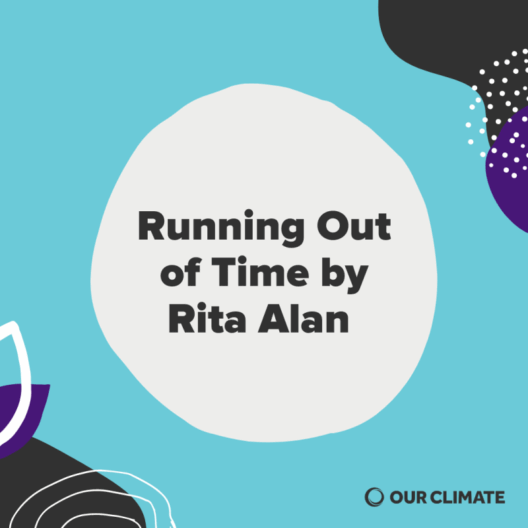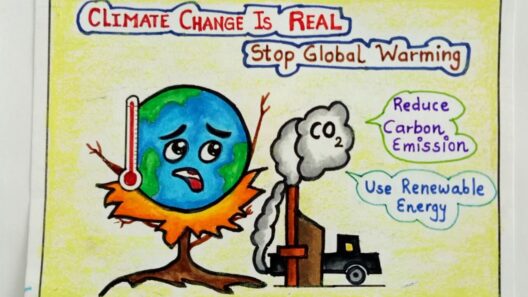Indonesia, a sprawling archipelago of over 17,000 islands, is undergoing an industrial metamorphosis aimed at harmonizing economic growth with ecological sustainability. This initiative, emblematic of a broader global movement towards environmental stewardship, is both a response to pressing climate imperatives and a conscious effort to pivot towards a sustainable future. Various sectors, including agriculture, manufacturing, and energy, are being reimagined to align with green principles, paving the way for a paradigm shift that promises to redefine the nation’s developmental trajectory.
The observation that Indonesia is rich in natural resources cannot be overstated. Its vast rainforests, fertile soils, and extensive marine environments hold incredible potential, yet they have historically been exploited in ways that jeopardize ecological balance. Deforestation, overfishing, and pollution have left visible scars across the landscape. This reality begs a deeper inquiry into the inherent duality of Indonesia’s industrialization: While growth has propelled the nation into the ranks of emerging economies, it has also fostered an environmental crisis that demands urgent redress.
The government is proactively embracing the concept of sustainable development, as articulated in its National Medium-Term Development Plan. This plan underscores a commitment to not only economic advancement but also to the preservation of Indonesia’s rich biodiversity. The transition toward greener industrial practices represents a profound acknowledgment of the intricate relationship between environmental health and economic viability.
One of the salient components of this industrial shift is the emphasis on renewable energy sources. Indonesia’s geographical bounty provides an exceptional opportunity for harnessing wind, solar, and geothermal energy. The nation is constructing a framework that seeks to reduce reliance on fossil fuels, which pose formidable challenges to air quality and greenhouse gas emissions. By 2025, Indonesia aims to generate at least 23% of its energy from renewable sources. This ambitious target is indicative of a long-term vision that acknowledges the inevitable depletion of finite resources and the pressing need to mitigate climate change.
Furthermore, sustainable agriculture is at the forefront of Indonesia’s industrial revamp. The agricultural sector is traditionally labor-intensive and resource-heavy, often resulting in excessive water use and chemical fertilizers that degrade soil quality. Innovative practices, such as agroforestry and organic farming, are being encouraged to bolster food security while minimizing environmental repercussions. By diversifying crops and promoting local produce, Indonesia is not only enhancing its resilience against climate fluctuations but also fostering economic opportunities in rural communities.
Simultaneously, the nation is refining its manufacturing sector, which has been long criticized for its environmental footprint. The introduction of environmentally friendly technologies and practices presents a dual boon: it reduces pollution while increasing operational efficiency. Companies are increasingly recognizing that adhering to sustainable practices can enhance their market competitiveness. As consumers become more environmentally conscious, an organization’s commitment to sustainability often translates to greater consumer loyalty and enhanced brand reputation.
The logistics and transportation sectors are also undergoing transformative changes. Increased urbanization has led to substantial congestion and pollution in major cities. The Indonesian government is investing in green public transport systems—such as electric buses and monorails—that aim to reduce vehicular emissions while providing efficient transit options. By prioritizing sustainable urban mobility, the country is addressing not only environmental concerns but also improving the quality of life for its citizens.
Yet, the challenge remains to balance economic growth and environmental stability. Critics argue that the shift towards green industrialization may stifle immediate economic gains. However, it is paramount to understand that economic short-sightedness could prove costly in the long term. Climate change poses an existential threat that, if unmitigated, could negate any economic victories. Thus, adopting a long-term vision that integrates ecological mindfulness within the industrial framework is not merely an option but a necessity.
The role of innovation cannot be underestimated in this transition. Indonesia is increasingly becoming a hub for green technology development. Startups focusing on sustainable solutions are emerging, fueled by a youthful population eager to enact change. These innovations span various domains, including waste management, sustainable packaging, and water purification. By embracing a culture of innovation, Indonesia is cultivating a generation of problem solvers capable of addressing environmental challenges through creativity and technological prowess.
International cooperation and investment are also pivotal to Indonesia’s green industrial journey. Global partnerships provide access to resources, expertise, and technology that are vital for scaling sustainable practices. Through engagements with foreign entities and other nations, Indonesia can leverage knowledge and funding to enhance its capacity for green innovation. This integration into the global green economy can prove advantageous, positioning Indonesia as a leader in sustainable development in the Asia-Pacific region.
In conclusion, Indonesia’s industrial shift towards greening growth is a multi-faceted endeavor, interweaving economic aspirations with environmental responsibility. This transformation stems from an acute awareness of the environmental predicaments that arise from unbridled industrialization. By strategically aligning development goals with sustainability principles, Indonesia is laying the groundwork for a cooler, more sustainable future. The journey is undoubtedly complex and fraught with challenges, but the commitment to an ecologically sound industrialization path underscores a vital evolution in Indonesia’s narrative—a commitment not only to its people but also to the planet.







